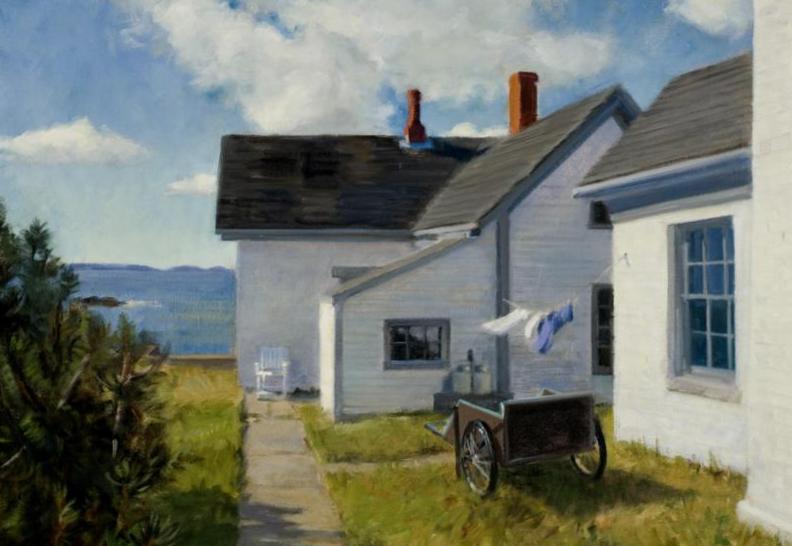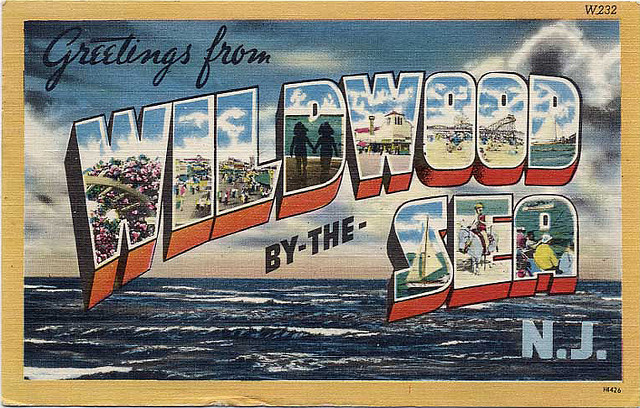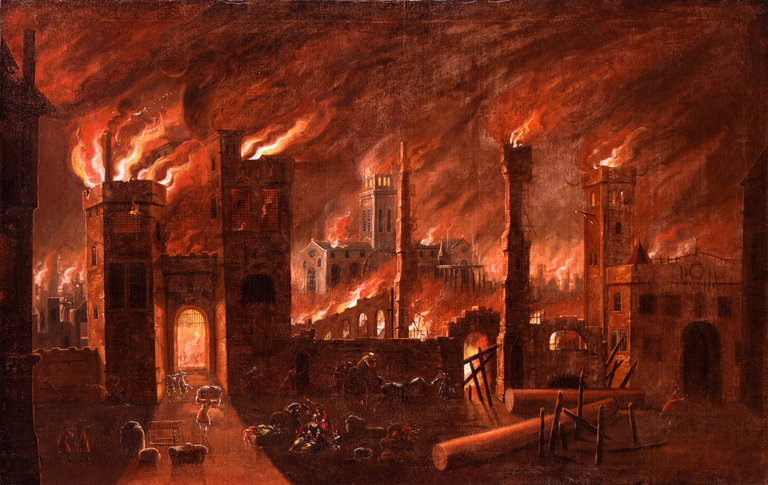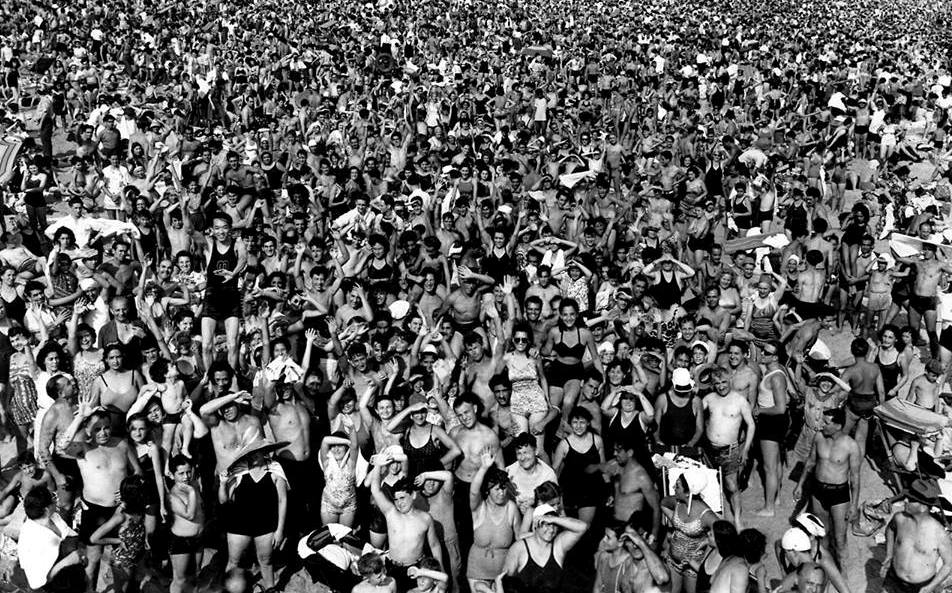“My film is not about Vietnam. My film is Vietnam.”
This is what Francis Ford Coppola told reporters at the 1979 Cannes Film Festival. Coppola was referring to Apocalypse Now, a movie that had left him on the preening edge of hysteria. Wanting. Searching. Digging deep within the well to salvage a motion picture he no longer believed in … nay, detested. Throughout production, Coppola was in the Philippines, in the jungles, overleveraged, behind schedule, contending with adverse weather conditions while at the mercy of a foreign government. Harvey Keitel had originally been cast as Captain Willard, but Keitel had been replaced by Martin Sheen. Martin Sheen, in short order, had suffered a heart attack, forcing him to vacate the production for a month. There was a typhoon and there was a tribe of natives cast as extras. And then there was the river, that deep and muck-brown river, beyond the smolder and the haze and all the hallucinogenic vapors … beyond it all awaited Brando; Marlon Brando, who had arrived in the Philippines overweight and eschewing orders.
Wrapped in the fist of it, Coppola – along with certain members of his cast and crew – began to unravel. To understand Coppola’s descent is to understand what resides at the heart of E. Elias Merhige’s Shadow of The Vampire. For here we find a vampire movie about a vampire movie – part drama, part comedy, part mystery, part horror, and, most importantly, strict metafiction. Shadow of The Vampire’s first act presents the audience with a well-documented premise that baits the hook and establishes credibility. Only then, once the audience has dialed in, does the screenplay pivot right by way of several what-just-happened moments. When the curtain falls, awash in mayhem, movie lovers are left to question whether they have just witnessed a brilliant act of cinema or whether they have been treated like unwitting marks from the word go.
But we are getting ahead of ourselves. A bit of context, if I might.
As the movie opens, we are introduced to German Director F.W. Murnau (played by Jon Malkovich). Murnau has agreed to helm a vampire picture despite his producer (played by Udo Kier) not having secured the rights to Bram Stoker’s Dracula. Faced with this dilemma, Murnau decides to invent his own vampire, or “nosferatu,” who will be more commonly referred to as Count Orlok. Count Orlok will be portrayed by an eccentric German actor named Max Shreck (played here by Willem Dafoe in an Oscar-nominated turn). Shreck’s macabre demeanor both on- and off-camera causes his fellow cast members to assume he might be undead, a covert agent of the dark arts. This is true, which is to say it is a verifiable part of Nosferatu’s backstory. What’s more, the European release of Nosferatu in 1922 triggered a copyright infringement lawsuit that, in turn, resulted in the forced destruction of several master reels from the film. As fate would have it, a select number of prints from Murnau’s picture had already made their way over to the United States at that point. The film would be rereleased in US theaters during 1929, under the guise that it should be henceforth acknowledged as an element of the public domain.
All that being as it may, Shadow of the Vampire does not concern itself with what happened after Nosferatu completed production. The emphasis throughout has more to do with how far a director – or an actor – might go in the pursuit or the preservation of great work. Did a young Martin Scorsese really get drunk and consider gunning down a Columbia studio executive over the possibility of last-minute changes to Taxi Driver? Did James Toback really storm into ex-MGM-President David Begelman’s office, and then bully Begelman into oinking like a pig on all fours? The unknown possesses an innate magnetism, and it creates a mystique regardless of whether the allegations appear to be either unlikely or absurd.
It is worth noting here that film is a director’s medium, yet only a handful of reality-based biopics have been centered around the auteurs who have inhabited that world: Ed Wood, Hitchcock, All That Jazz (to name a few). Barry Levinson recently confirmed that he will be directing Francis and The Godfather, a big-budget biopic recounting Francis Ford Coppola’s experience throughout the making of The Godfather with Oscar Isaac attached to play Coppola and Jake Gyllenhaal attached to play Paramount executive Robert Evans. Assuming Levinson pulls that off, it could grease the skids for several other Coppola-related projects, or perhaps even a Coppola-centric cinematic universe. Imagine a big-budget drama about the making of Apocalypse Now. Imagine a Netflix movie about the making of The Outsiders. In fact, why not imagine a well-financed drama about Sofia Coppola’s transformation from an unconvincing actress into one of the premier filmmakers of her time? Director-focused biopics could become a budding genre. Who wouldn’t want to check out Tarantino: The Miramax Years? Better yet, who wouldn’t want to check out Spielberg Meets Jaws?
But, alas, where was I? Oh, right. Shadow of the Vampire. Let’s bring this home.
Shadow of the Vampire relies on iron-clad performances to maintain its conceit, and to that end, Jon Malkovich pulls back the bowstring deliberately with every gear clamped on restraint. Willem Dafoe twitches and hisses like some wharf rat, scurrying to dark corners to avoid the natural light. The entire movie feels very “of its era” – right down to the incorporation of iris lenses – and that works in the service of an all-encompassing illusion. Namely, how can one believe in the undead vampire while also believing in its 10-foot shadow performing the danse macabre against every wall? For nearly a century, Nosferatu has avoided becoming a lark based on that paradox. More to the point, the movie’s legend has exponentially grown. There have been countless Dracula films made over the past 100 years. In fact, Francis Ford Coppola directed a version of Bram Stoker’s Dracula released in 1992 that grossed over $200 million while earning three Academy Awards. Accolades aside, Coppola’s Dracula will not ever yield the staying power of a Nosferatu. For Nosferatu is immortal, and landmark cinema never dies.
(Fun Fact for Fans of The Coppola Cinematic Universe: Nicolas Cage served as a co-producer on Shadow of The Vampire, and Cage initially had interest in playing Willem Dafoe’s role as Max Shreck.)

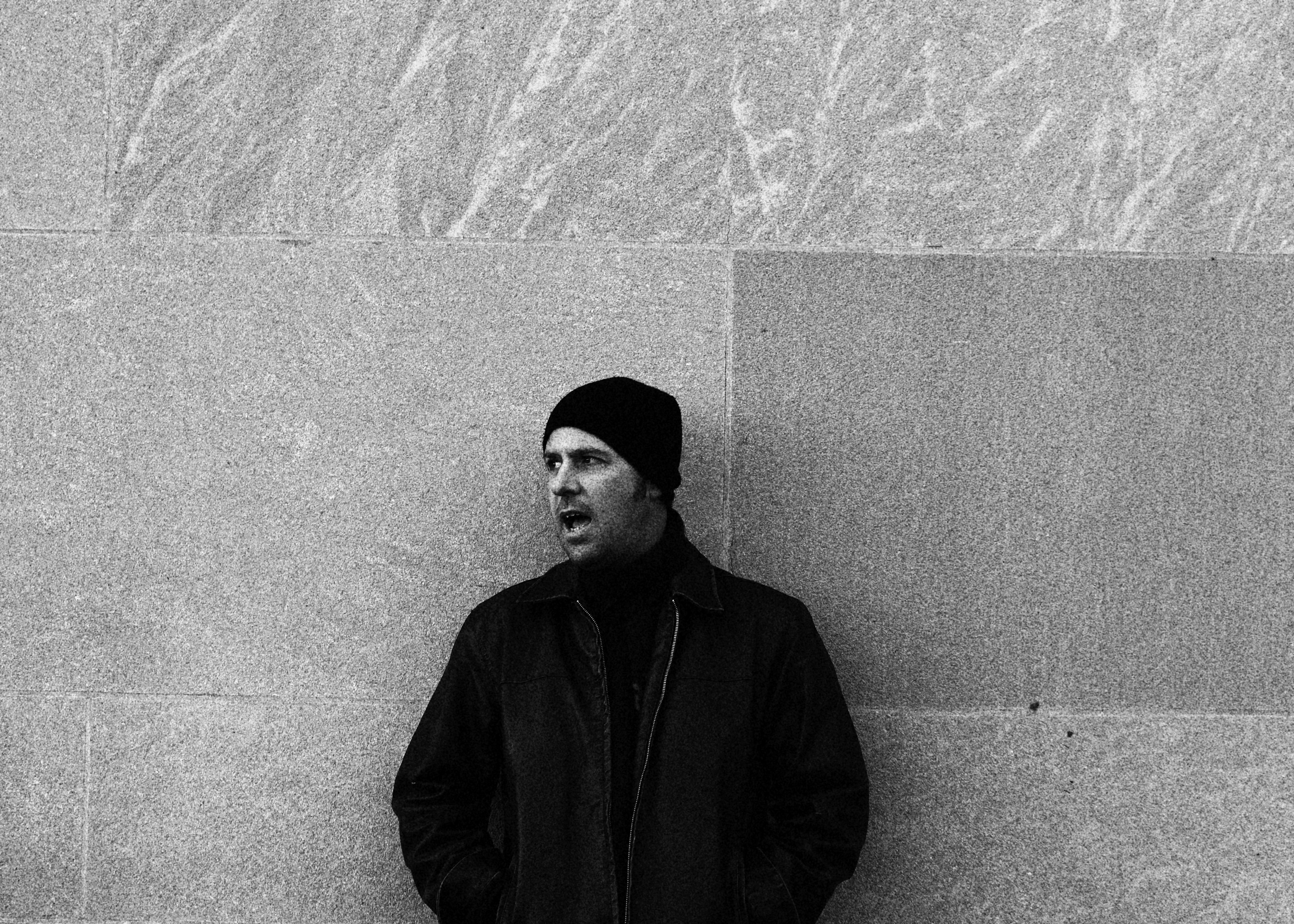 On April 5th of this year I received an email from one of my employers. This email stated that – effectively immediately – I was being let go. Budget cuts, the employer explained. And just like that, 90% of my income was gone. Worse yet, I had nothing in the coffers. For months, I had been skating on cobwebs. I had been dodging final notices; sweeping out mist from the sepulcher. I was cashed out, maxed out, pursuing offers for a stimulus. When my father became aware of this situation, he issued me a loan.
On April 5th of this year I received an email from one of my employers. This email stated that – effectively immediately – I was being let go. Budget cuts, the employer explained. And just like that, 90% of my income was gone. Worse yet, I had nothing in the coffers. For months, I had been skating on cobwebs. I had been dodging final notices; sweeping out mist from the sepulcher. I was cashed out, maxed out, pursuing offers for a stimulus. When my father became aware of this situation, he issued me a loan.